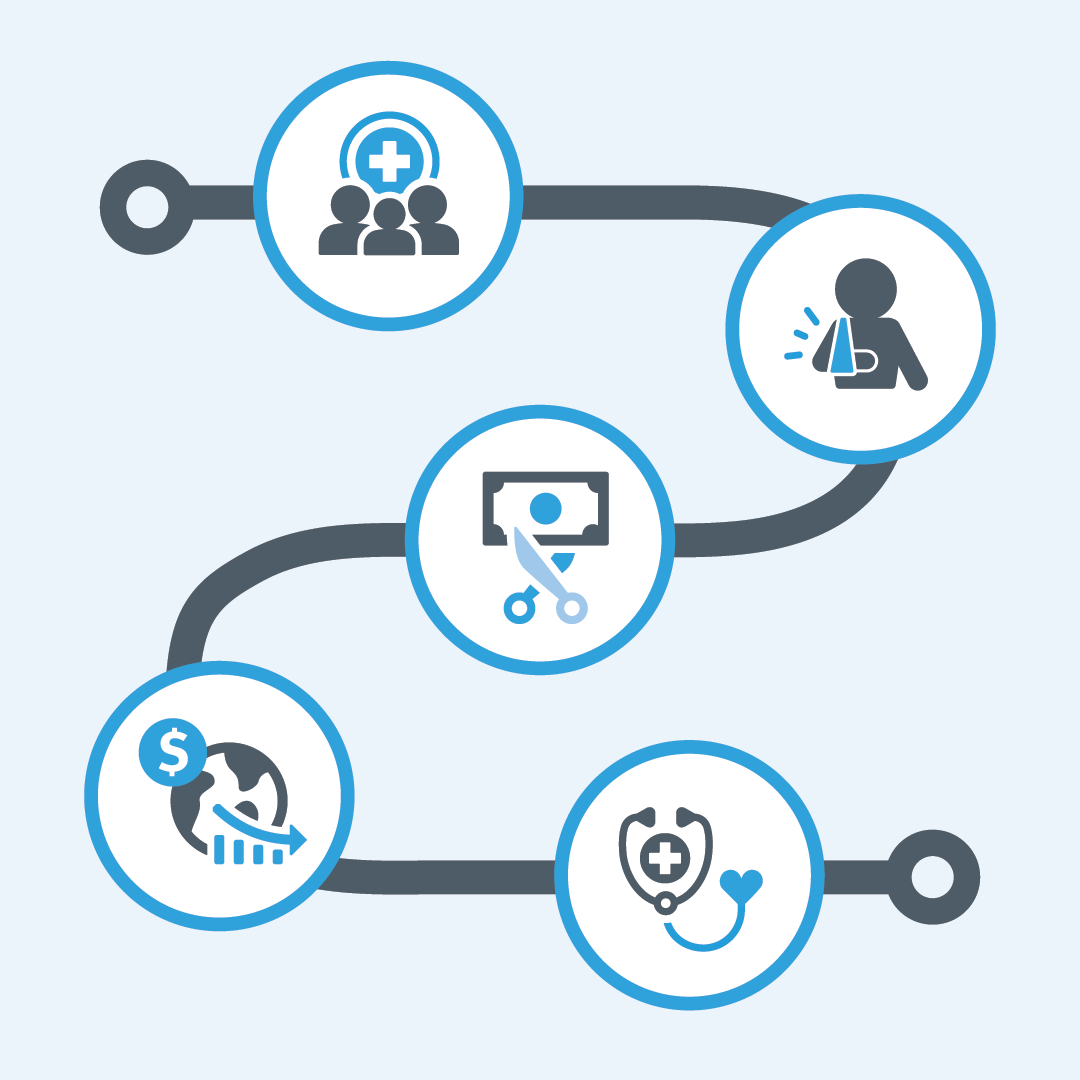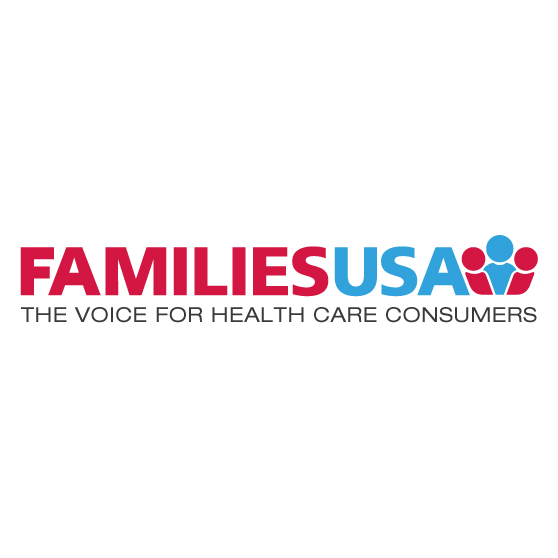
Drug Testing in Medicaid Is Illegal and Hurts the People Who Need Help Most
12.05.2017
Recently, the state of Wisconsin submitted an application to the federal government seeking Medicaid waiver authority to make drug testing a condition of eligibility for the state’s adult Medicaid program–BadgerCare. This request breaks dangerous new ground; drug testing has never been allowed as part of the application process in the Medicaid program. That’s because it is illegal, it will make it harder for everyone applying for Medicaid, and it will hurt rather than help those with substance use disorders.
Drug testing in Medicaid is illegal. Period.
There is no way around it—it simply isn’t legal to test people for drugs as a condition of Medicaid eligibility; not even close. Medicaid law spells out the eligibility factors that allow someone to qualify for the program. Section 1115 of the Social Security Act allows the Secretary of Health and Human Services (HHS) to waive certain rules surrounding Medicaid eligibility, as long as they “promote the objectives,” that is, advance the purposes, of the Medicaid program. The objective of the Medicaid program is to provide health care to low-income people who need it.
Deciding whether someone can get Medicaid based on whether they receive a drug test isn’t waiving an eligibility requirement, it’s creating a new one. Only Congress can make that kind of fundamental change in the Medicaid program, not the Secretary of HHS.
In order to be legal under Section 1115, the change must promote the objectives of the Medicaid program as expressed by Congress. Drug testing doesn’t.
Over decades, Congress has extensively re-worked the Medicaid application process to make it as simple as possible for people to apply. Drug testing doesn’t promote that objective at all. Drug testing will be a major step backward deterring people from applying not only due to the practical barrier it will pose to people signing up for coverage but due to fear of stigma and retribution from state officials. This will inevitably cause the number eligible people who apply and make it through a Medicaid application to go down significantly.
Rather than providing medical care, drug testing puts a barrier between otherwise eligible people and needed care. For example, Wisconsin needs to make it as straightforward as possible for people with co-occurring mental health and substance use disorders, who could benefit from medication for their illness, to get treatment. Under this proposal, Wisconsin would refuse them Medicaid-funded mental health treatment unless they take a state mandated drug test.
In order to be legal under Section 1115, the change must be a demonstration. Drug testing isn’t.
The law also requires that for an 1115 waiver to be approved by the Secretary of HHS, it must be a demonstration testing a novel idea. Drug testing has been allowed by Congress in the Temporary Assistance for Needy Families (TANF) and Supplemental Assistance Program (SNAP) for decades. Drug testing isn’t new or novel, we already know from research that it doesn’t support access to drug treatment or reduce substance abuse. Furthermore, most individuals who receive public assistance have drug use rates at or below the general population.
Drug testing will hurt the people who need help the most.
Many people with substance use disorders will be wary of disclosing that they use drugs to state officials for fear of retribution. Many simply won’t want to undergo an invasive, humiliating screening process. Doctors and patients, not the state, are the best to decide when, how and what type of treatment someone needs. Rather than driving people towards seeking treatment, testing prior to Medicaid enrollment will keep away people who could be helped.
In addition, conditions like HIV and Hepatitis C are spread through intravenous drug use. Making it easier, rather than harder, for those who need substance use treatment to get health coverage through Medicaid not only helps people get clean, it could it also help lessen other public health crises.
Drug tests are an ineffective waste of resources.
According to a study of recipients of TANF, state screens identified miniscule numbers of enrollees that tested positive for drugs. One study from Florida found that of 4,086 applicants tested over four months, only 2.6 percent failed a drug test. Over four months, this testing regime cost the state $45,780. Wisconsin predicts that each test will cost the state, on average, $33. Even if it tests only 10,000 people, that’s thousands of tax payer dollars squandered that could be better directed towards a program that really helps people with substance use disorders.
There are better ways to help people with substance use disorders.
Wisconsin’s program is set up is to coerce individuals into treatment by requiring a test for coverage and, once a positive test is obtained, mandating treatment as a condition of receiving Medicaid benefits. There are better ways. For example, making Medication Assisted Treatment available increases quality of life and health outcomes for those with opioid addiction. The Centers for Medicare and Medicaid Services has initiated an Innovation Accelerator Program with a number of evidence-based practices that help people reduce harm and maintain drug abstinence.
Wisconsin’s program, on the other hand, is based on stigma and coercion. It will deter those who need care the most from getting it and put up a barrier for low-income people to get health coverage.




